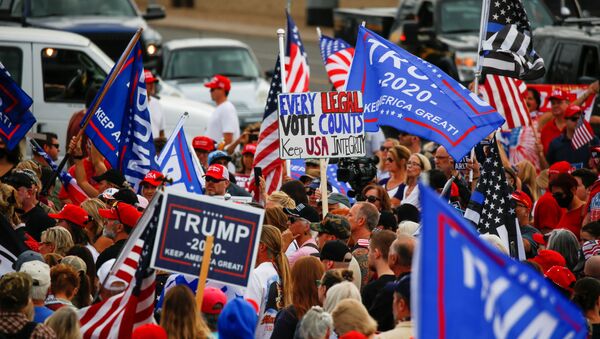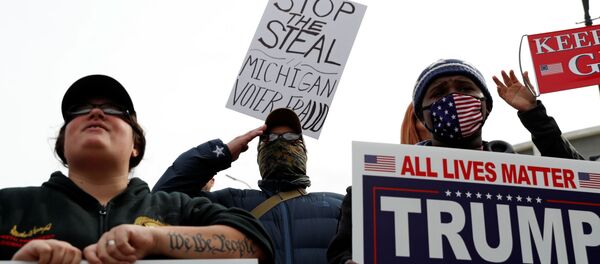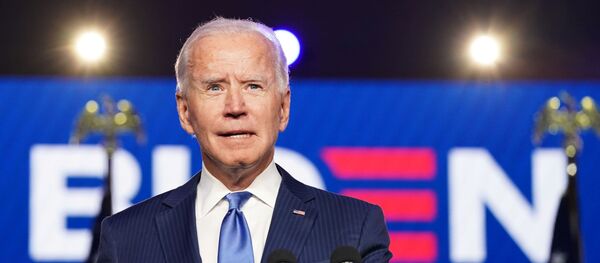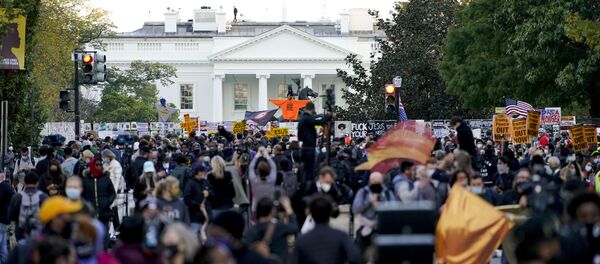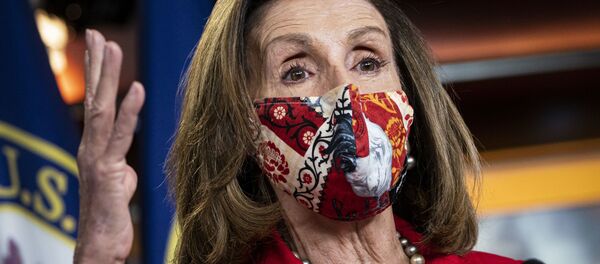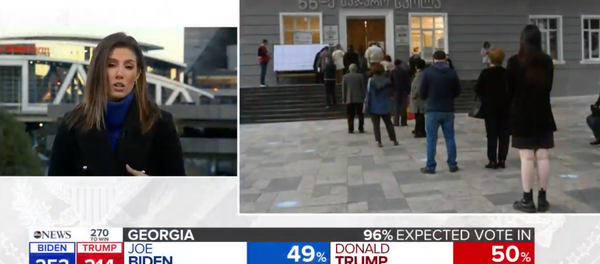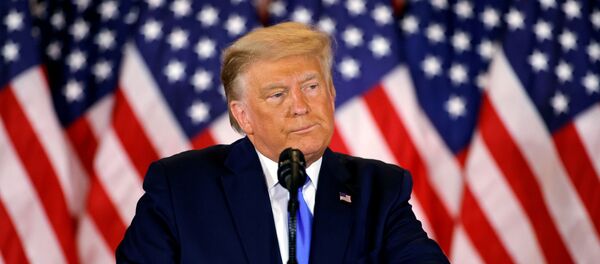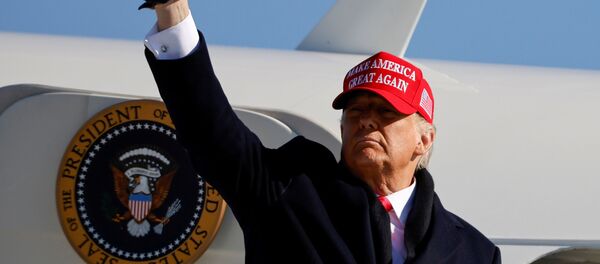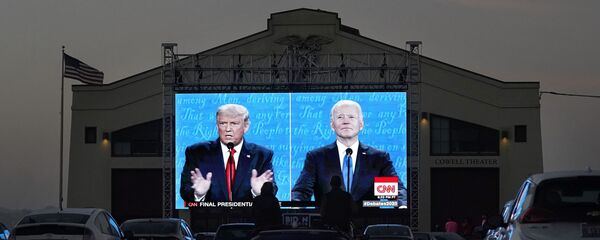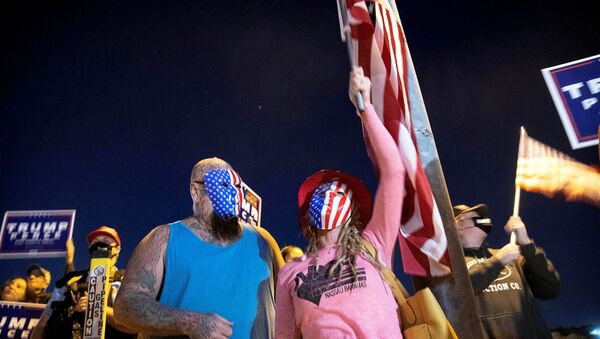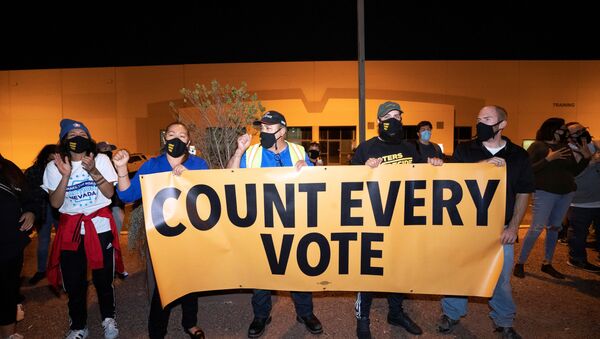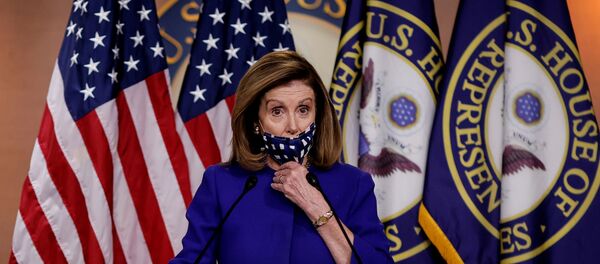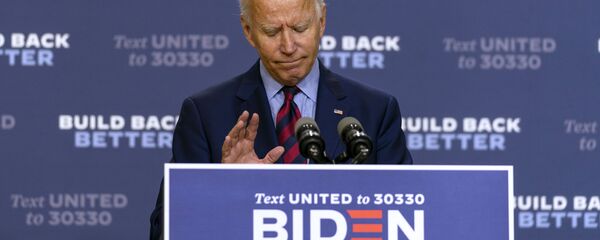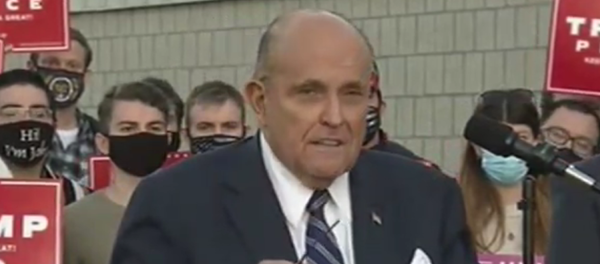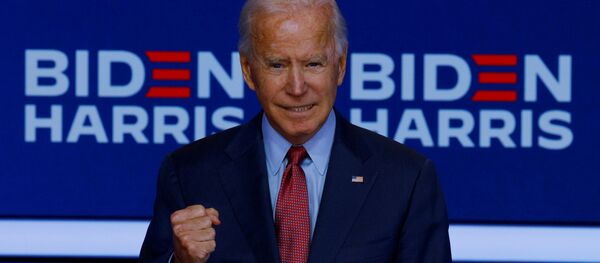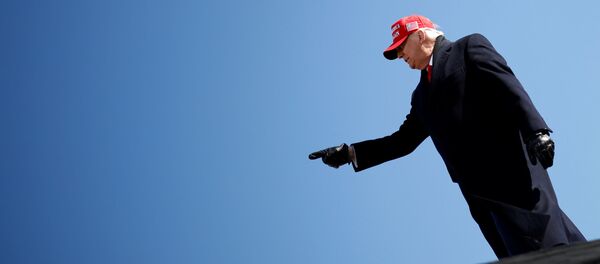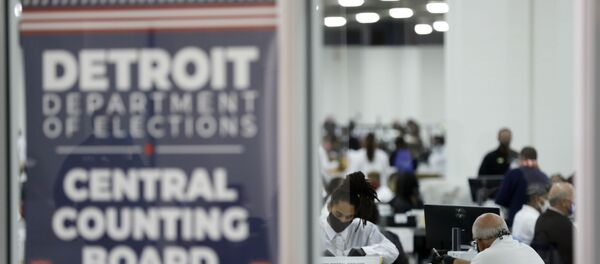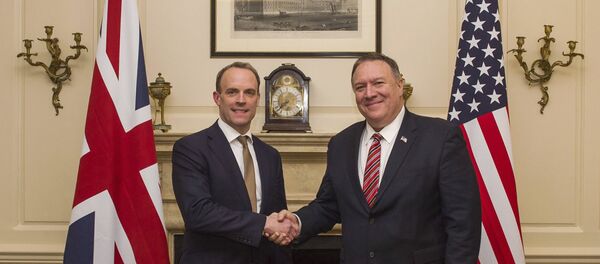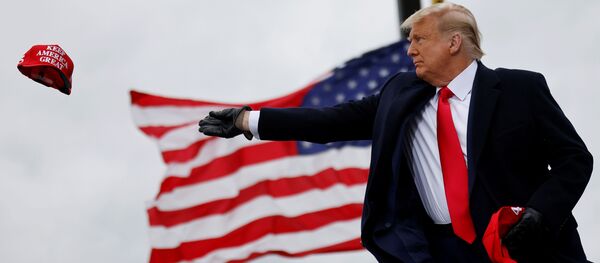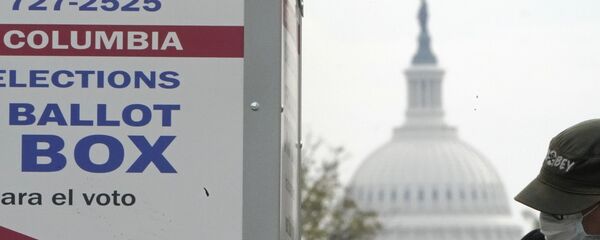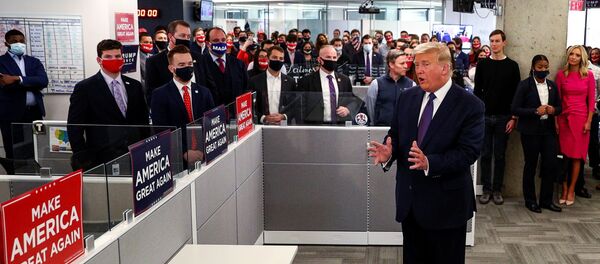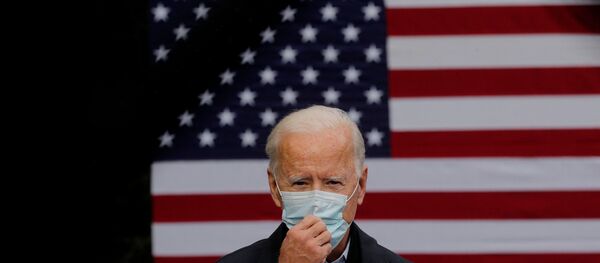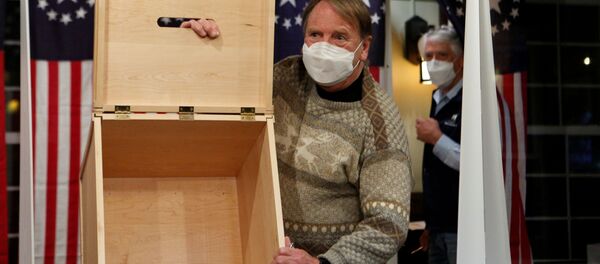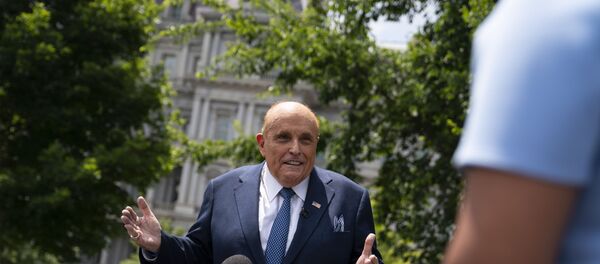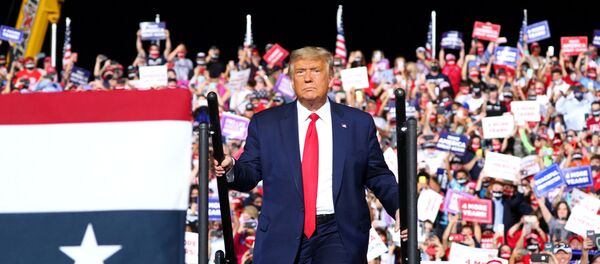Canadians across the political spectrum are attentively following the US presidential race, but do not expect much change in bilateral relations or in their daily life regardless of the election outcome, three Canadians said in separate interviews with Sputnik.
Joe Emersberger, 54, an engineer from Windsor, Ontario and a member of Unifor, Canada's largest union in the private sector, said he identifies as a leftist and views the US election as a choice between the lesser of two evils.
"The outcomes will be worse if Trump wins rather than Biden, in my opinion. But both outcomes are bad. We basically have two bad outcomes and one is worse," Emersberger said.
Emersberger said foreign policy tops the issues in terms of importance and cited the United States’ outsized role in Canadian and global affairs as a context for his heightened interest in the US election. He noted that Canada's international engagement has mainly become an extension of US foreign policy, with Ottawa supporting coups in Venezuela and Bolivia while standing in the midst of US diplomatic rifts with China and Russia.
As a unionized worker, Emersberger said he worries about the economic impact of the election, noting that the aftershock of years of anti-labour policies that have left US unions decimated could likely reverberate in Canada.
"[De-unionization in the United States] puts tremendous downward pressure on Canadian wages and working conditions as well. The labour movement in Canada ends up getting squeezed by the downward trend in the United States," he said.
Emersberger said he doubted much would change after the election.
"In the United States, the Democrats and Republicans, basically, are two factions of the same party," he said. "There is kind of a very closed off political discussion that dominates."
Kiro Attia, 27, an engineering consultant and self-described centrist, said he holds a pragmatic view of the candidates and on the impact, the outcome of the US election will have on Canada.
"I wouldn't really be pressed to see either candidate win or lose," Attia said. "Our lives in all aspects are very intertwined. Our economies rely heavily on each other and on the transfer of goods, services and travellers across the border. In this sense, US-Canada relations are important and impact who we see, what we consume, and how we consume it. I don't see any of these things changing drastically anytime soon."
However, Attia said he is leaning toward Trump in the matchup of imperfect candidates, as some analysts have billed the US election, saying that a Biden victory would reinforce a trend where meritocracy, logic and core issues are drowned out by rhetoric and moral grandstanding.
Attia also said that a Biden victory would have a negative impact on his investments, but noted that he does not believe his career prospects will be affected by any potential slowdowns.
"Media reports suggest that a Biden win will not affect the markets negatively, but I think my investments would react negatively to a Biden presidency and I think the long-term outlook in terms of major companies downsizing and/or offshoring is more likely to happen," he said.
Attia explained there is a two-fold reason shared by many Canadians for staying on top of the US election: the emerging new school of political thought and the entertainment value the 2020 campaign has brought.
"Canadian politics sort of lag behind and emulate American politics over time and Canadians are just tuning in to see a glimpse of what the political landscape might look like here soon," Attia said.
The proximity, as well as the lack of what he said, is "consequentiality" makes the US election easy to engage in without agonizing over its implications, he said.
Nevertheless, Attia said he laments the carnival-like atmosphere that has defined the campaigns and superseded policy discussion by propaganda, insults and antics.

